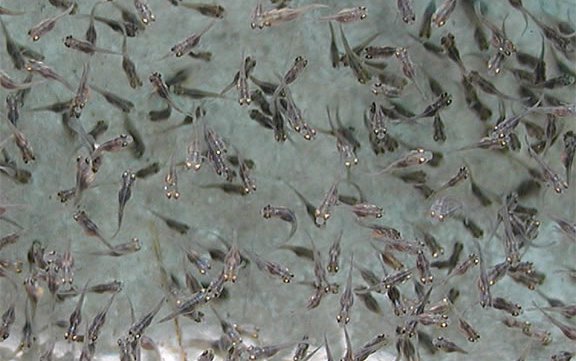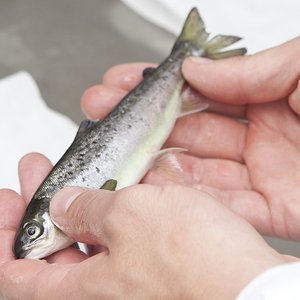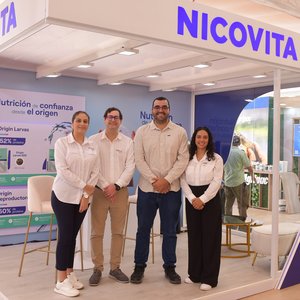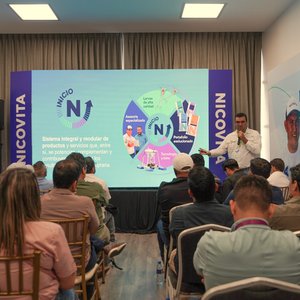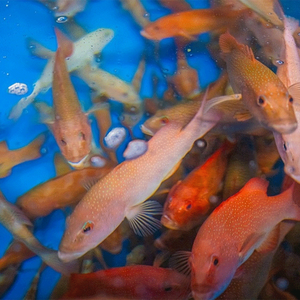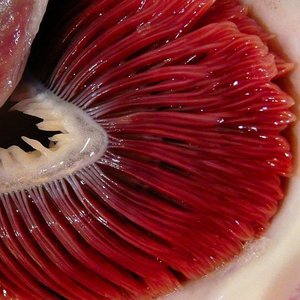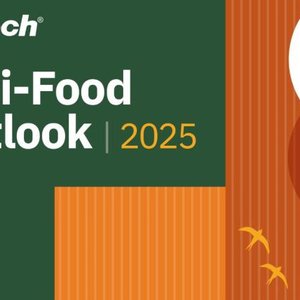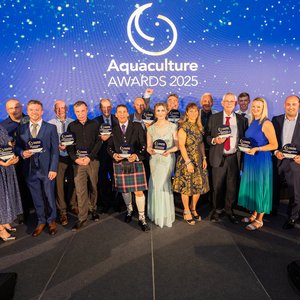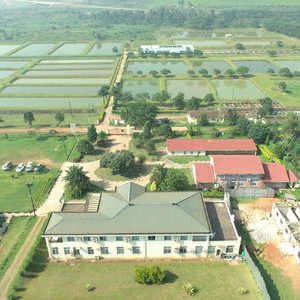A European project, ALFA, has developed a state-of-the-art automatic system to control the most important variable parameters in live feed production for fish hatcheries. The systems were geared to suit conditions for aquaculture in Greece and Norway.
Fish hatcheries supply juvenile fish (and shellfish and crustaceans) for the aquaculture industry. They are important economically as they provide opportunities for genetic improvement of broodstock, are productive out of season and avoid dependency on juveniles caught from the wild.
The availability of live food organisms in the water determines the success of fish farming. Formulated feeds cannot sustain the food requirements of the fish so micro-algae are cultured in hatcheries. Among the most important parameters regulating algal growth are nutrients, temperature and light.
As the use of manpower is expensive and prone to error, the EU project ALFA aimed to develop fully automated systems, one for northern Europe powered by electricity and another for more southerly countries supported by solar powered units.
Both photobioreactors are designed for the stable growth of algae by using illumination and control of other variables including nutrient content, pH and water carbon dioxide (CO2) concentration. The project team also developed a novel optical algal monitoring system to ascertain quality and growth rate of the algae.
Added value came with several features. The system was linked to a newly developed continuous rotifer production system (CROPS). Rotifers are zooplankton and therefore will provide an additional source of food for the juveniles. An automatic harvesting system was also incorporated so algal food can be controlled and maintained at levels of usage or the excess stored.
Two full-scale complete systems were built and tested in Greece and Norway. Not only was performance evaluated but adaptations were made to optimise output according to local conditions. The data were then compared with a stochastic model incorporating the random variables.
Aquaculture is a highly important sector in the European economy, providing jobs and revenue and aiding conservation of fish species. Deliverables from ALFA optimize conditions for live food production for fish hatcheries as well as reduce manpower requirements.


